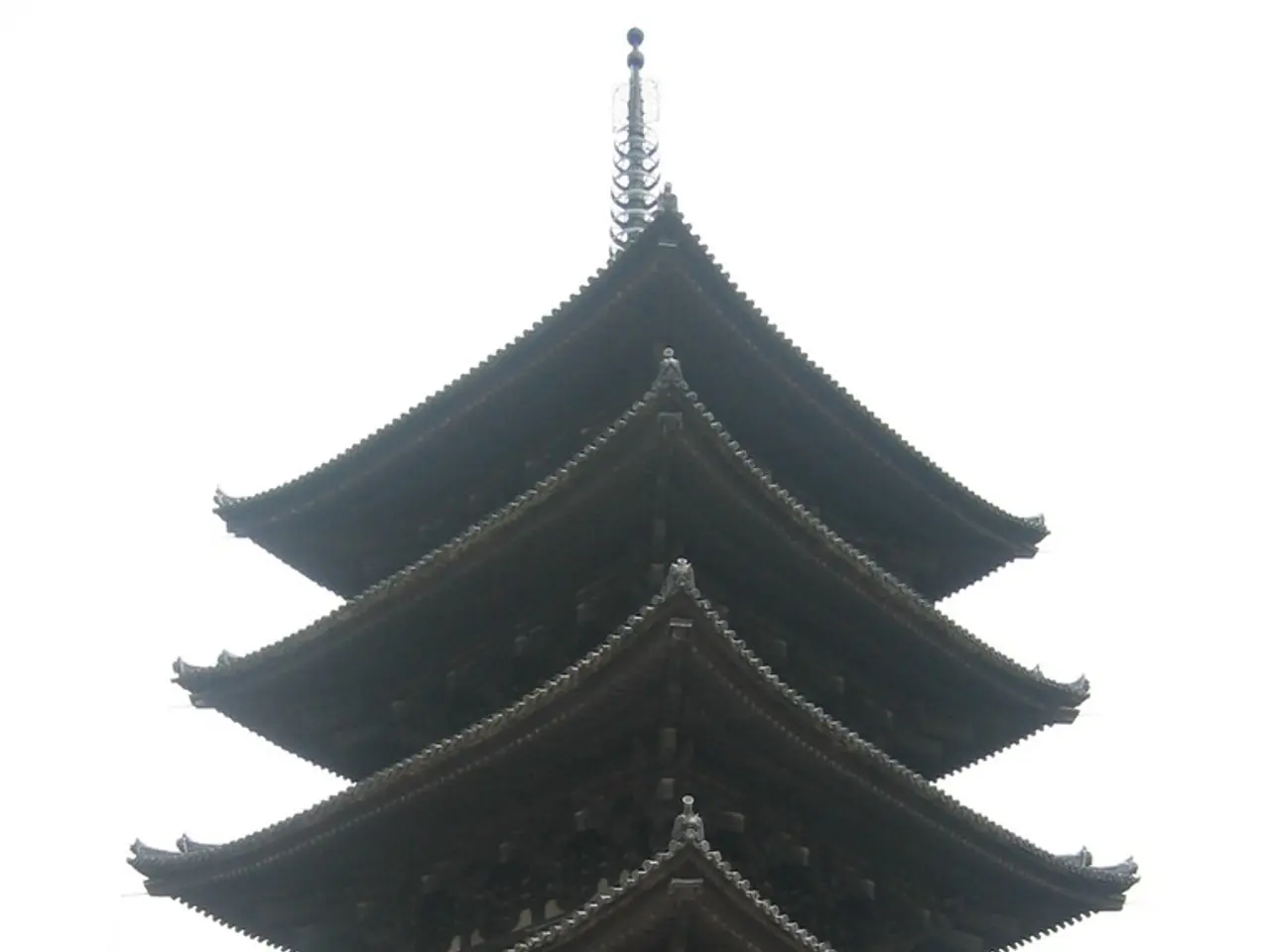Is it Possible for China's Greater Bay Area to Compete with Tokyo and California's Economic Influence?
The Greater Bay Area (GBA), a region encompassing 11 cities in southern China, including Hong Kong and Macau, is making strides to rival established innovation hubs like Tokyo and San Francisco. Launched in 2017, the GBA represents China's boldest experiment in economic integration and innovation-driven growth.
Economic Integration --------------------
The GBA is an integrated economic cluster, with industries such as IoT, AI, biotech, cleantech, and healthcare benefiting from industrial zones, innovation hubs, and financial liberalization efforts. These measures aim to boost regional economic cohesion and attract investment.
San Francisco Bay Area, with its proximity to Silicon Valley, boasts a long-established integration of finance, technology, and venture capital ecosystems, forming a globally recognized innovation cluster. Tokyo, on the other hand, is a globally significant financial center with diversified industries, strong manufacturing, and service sectors, well-integrated through Japan’s mature infrastructure and global trade networks.
Regulatory Challenges ----------------------
The GBA faces complex regulatory coordination across different jurisdictions, with gradual financial liberalization underway but still constrained by China's foreign exchange controls and political factors. San Francisco enjoys a relatively stable and transparent regulatory environment but contends with rising living costs and increasingly complex tech regulations, including data privacy and antitrust scrutiny. Tokyo has strict regulatory frameworks and slower innovation adoption rates compared to the West but benefits from a stable and predictable policy environment supporting business.
Corporate and Entrepreneurial Ecosystems ----------------------------------------
The GBA houses a rich startup ecosystem, with accelerators, incubators, and emerging industries, supported by state-backed initiatives and a growing number of Fortune Global 500 companies headquartered in the region. The SF Bay Area remains a global powerhouse for startups and unicorns, driven by giants like Apple, Meta, Google, and a vast venture capital network, sustaining explosive tech innovation and wealth creation. Tokyo has a mature corporate base, with a focus on manufacturing and established enterprises, but comparatively fewer high-profile startups and venture capital activities than SF and GBA.
Global Talent Attraction ------------------------
The GBA is actively pursuing foreign investment and global talent through financial liberalization and innovation-friendly policies but still faces challenges due to immigration policies and cross-border coordination. San Francisco’s Bay Area attracts top global talent with world-class universities (e.g., Stanford), diverse opportunities, and a lifestyle appealing to affluent professionals despite high living costs. Tokyo attracts significant local and regional talent, supported by excellent education and societal infrastructure, but globalization of its talent pool is relatively modest compared to SF.
Long-Term Success Factors --------------------------
The GBA’s success will depend on continued regulatory harmonization across jurisdictions, deepening innovation ecosystems, efficient cross-border collaboration, and the ability to sustain international openness amid geopolitical complexities. San Francisco’s long-term prospects rely on maintaining its innovation leadership, managing living costs, and navigating regulatory scrutiny to retain entrepreneurial dynamism and global competitiveness. Tokyo’s future hinges on adapting its industrial base to new technologies, enhancing startup culture, and leveraging its financial strength to innovate and attract global capital.
In conclusion, the GBA is a fast-emerging innovation hub with strong government support and diverse industrial focus, striving to emulate and compete with the mature and globally renowned ecosystems of San Francisco and Tokyo. However, it faces significant regulatory and geopolitical challenges that will shape its ability to sustain long-term success and global innovation leadership. San Francisco retains a dominant position in entrepreneurial wealth creation and global talent appeal, while Tokyo remains a stable but more traditional innovation and financial center.
- The GBA's integration of industries such as IoT, AI, healthcare, and biotech, along with financial liberalization efforts, positions it as a business hub that competes with the technology-focused Silicon Valley in the United States.
- Tokyo, with its established financial sector and diversified industries, contends with San Francisco in the finance and business sectors, while the GBA, with its focus on innovation-driven growth, seeks to challenge Tokyo's dominance in these areas.




